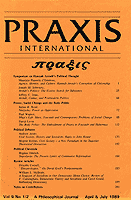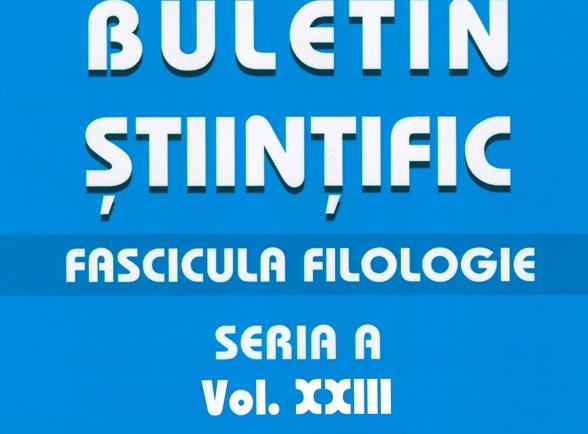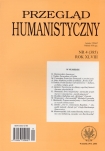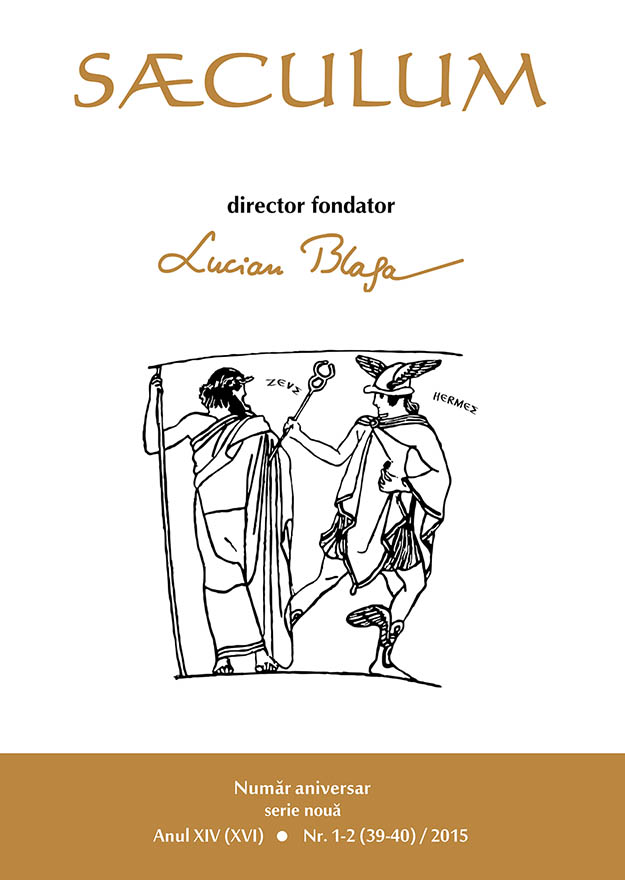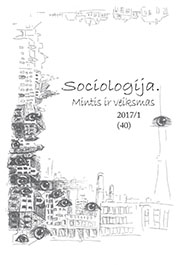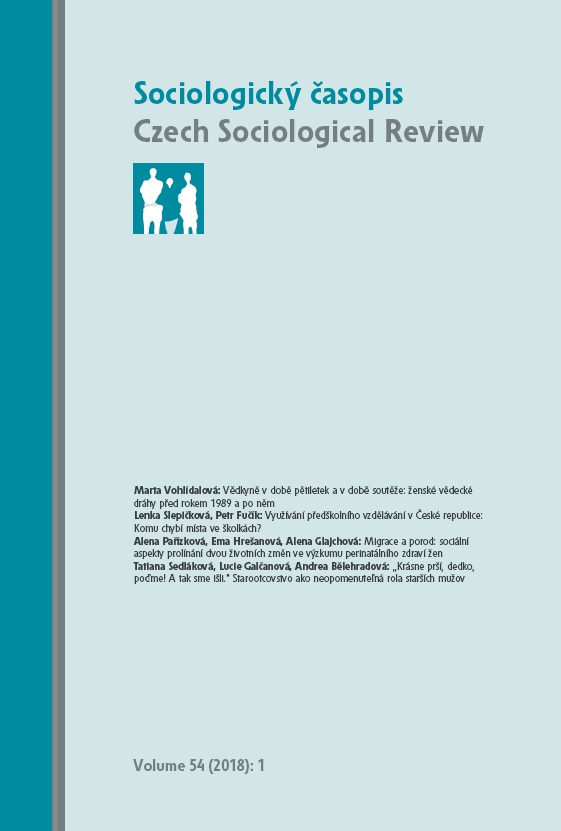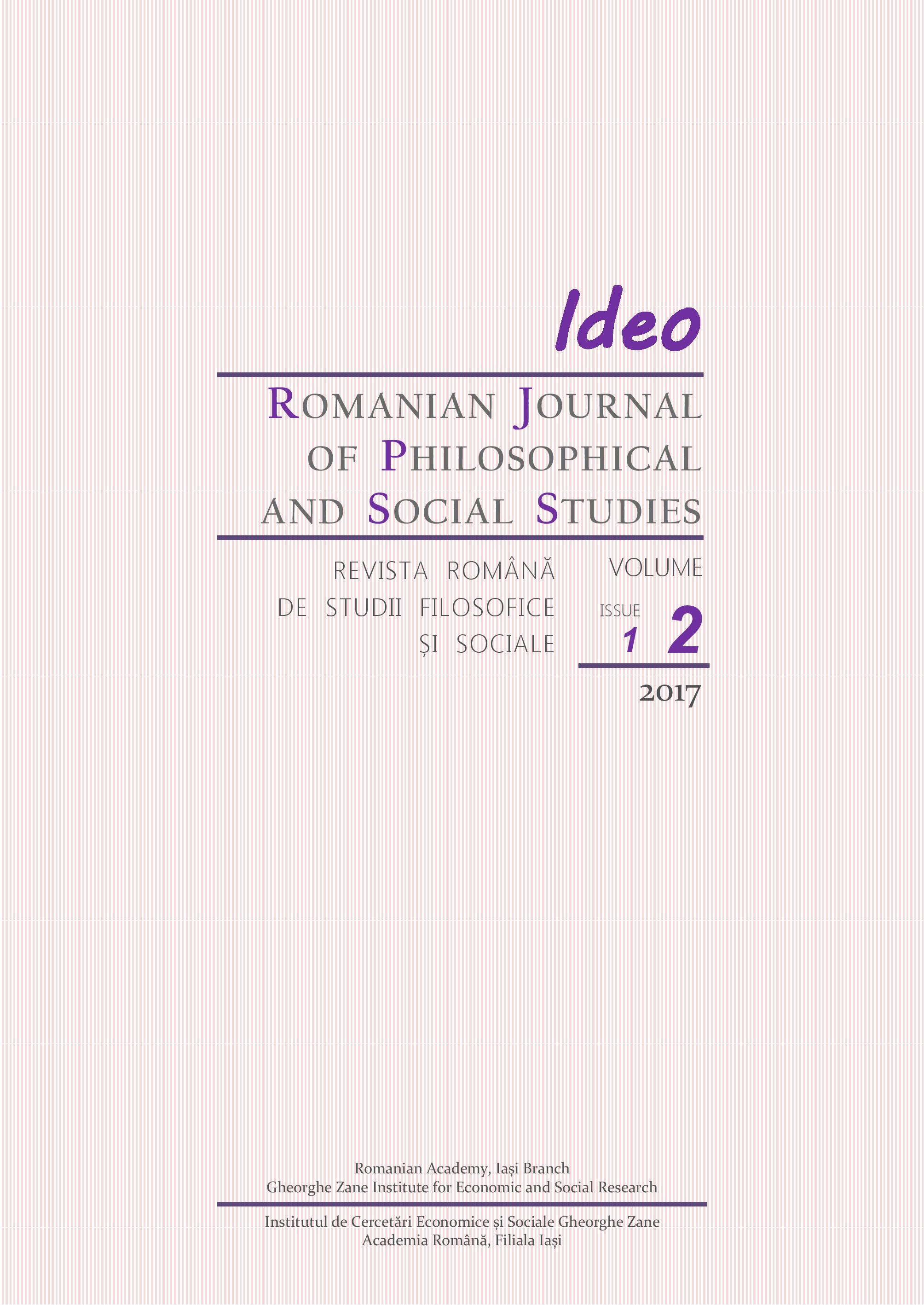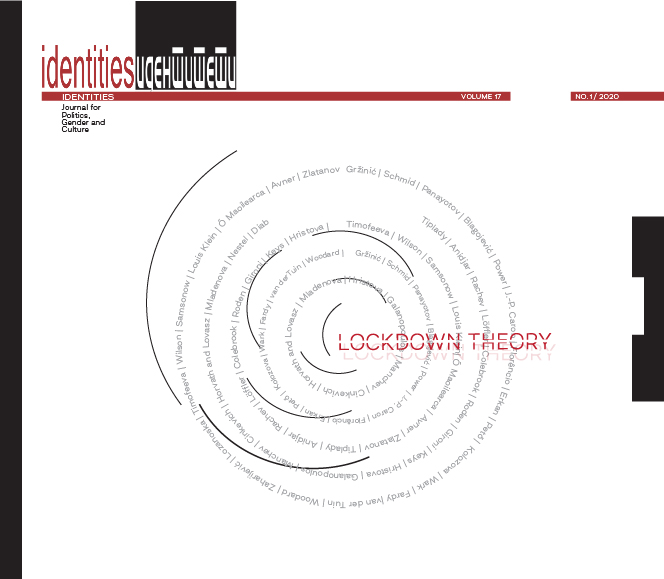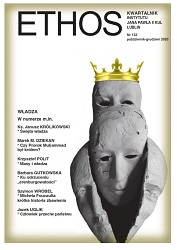
Parrésia Vs. phronesis: Foucault and political today
Parrésia vs. phronesis: Foucault i političko danas
Kada se govori o zadaći filozofije u suvremeno doba često se pod time podrazumijeva nešto drugo od njezina povijesno uspostavljenoga sklopa: da nije, naime, riječ tek o smislu ili svrsi (telos) mišljenja o bitku kao takvome, već o događaju kojim mišljenje nadilazi bitak ili ga već uvijek mijenja u obzorju vremenitosti. Zadaća filozofije nije nešto izvanjsko samoj filozofiji. U jedinstvu mišljenja i djelovanja ne radi se o prvenstvu jednog nad drugim. Parmenidov znameniti izrijek da bitak jest i da bez mišljenja koje iskazuje ono što jest bitak sam ne može biti ono što jest pretpostavlja već uvijek dvoje. Prvo, filozofija misli svijet iz događaja primarne otvorenosti bitka samoga da bi uopće mogla biti imenovana filozofijom. Drugo, kazivanje o bitku nije nikad tek logičko podudaranje riječi i stvari. Ponajprije je riječ o istini događaja. Riječi postaju stvarima zahvaljujući događaju. Stvari se, pak, u kazivanju nalaze u odnosu. Tek iz odnosa zadobivaju svoje značenje. Povijesni odnos između riječi i stvari, štoviše, ne može poći od nečeg što je već unaprijed dano u svojoj faktičnosti kao „izvor“, „iskon“ ili „priroda stvari“. Ono što jest višestruko se pojavljuje u svojoj događajnosti kao forma odnosa između bitka i mišljenja. Višestrukost načina bitka upućuje na mnogostrukost ekspresije bića. Odnos ne može biti tek odnosom između nečeg što već postoji kao konstelacija snaga. U pitanju je ono što taj odnos uopće omogućuje. Zadaća filozofije, prema tome, nikad se ne može svesti na puki opis ili neutralnu dijagnozu „stanja stvari“ u aktualnosti.
More...
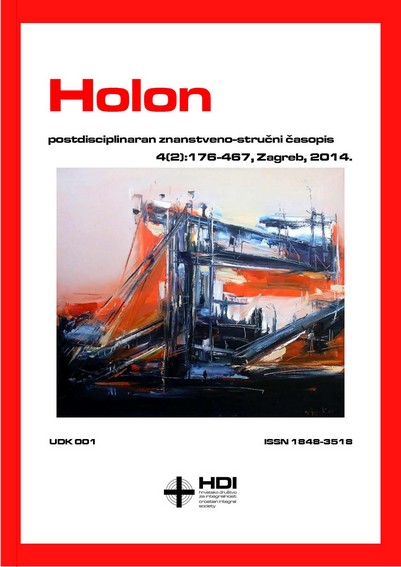
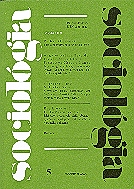
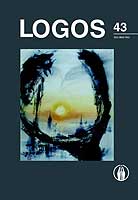
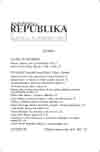
![Michel Foucault’s return to the history ([and] literature)](/api/image/getissuecoverimage?id=picture_2011_6403.jpg)
